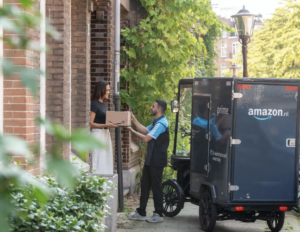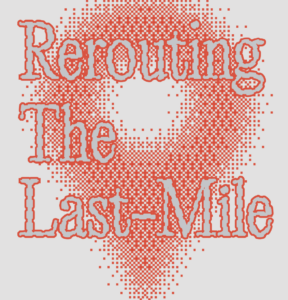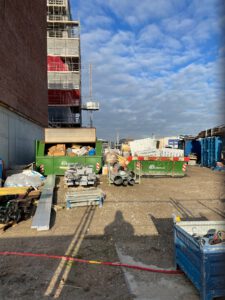Can JoyExpress Outperform Amazon and Bol in European Logistics?

With the launch of JoyExpress, the European e-commerce logistics market gets a new serious contender. Backed by JINGDONG Logistics, the logistics arm of JD.com, the company promises same-day and next-day delivery in major cities, integrated installation for large appliances, cold-chain capabilities, and a fully branded last-mile. JoyExpress will initially support Joybuy, JD.com’s new European online …









